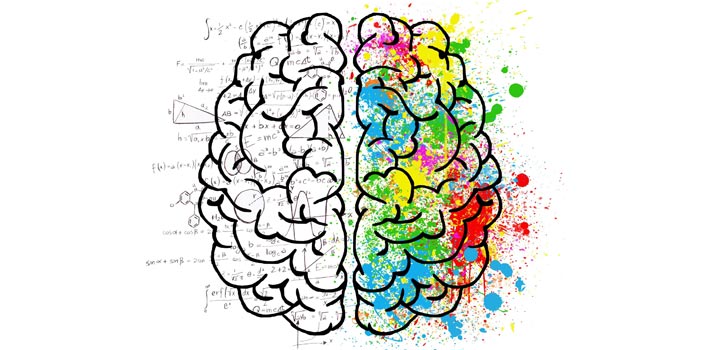Cognitive Neuroscience of Ageing
About this group
Group information
Contact
Research subject
Research environments
 The main challenge in the field of neurocognitive ageing is to understand the brain mechanisms that might underlie age differences in cognitive performance or why some functions are maintained into older age. The availability of neuroimaging technology has greatly advanced research in human cognition, including the study of cognitive ageing. Cognitive aging, by its very nature, is a neurobiological event, so it stands to reason that new findings about how the brain functions might change views of how cognitive mechanisms function and differ with age. This particular research theme deals with the interaction between brain structure-function and higher cognitive functions in aging, with a particular focus on memory (episodic/working memory) and executive control functions. These questions are addressed by means of structural (brain anatomy) and functional (brain function) MRI and measures of cognitive performance.
The main challenge in the field of neurocognitive ageing is to understand the brain mechanisms that might underlie age differences in cognitive performance or why some functions are maintained into older age. The availability of neuroimaging technology has greatly advanced research in human cognition, including the study of cognitive ageing. Cognitive aging, by its very nature, is a neurobiological event, so it stands to reason that new findings about how the brain functions might change views of how cognitive mechanisms function and differ with age. This particular research theme deals with the interaction between brain structure-function and higher cognitive functions in aging, with a particular focus on memory (episodic/working memory) and executive control functions. These questions are addressed by means of structural (brain anatomy) and functional (brain function) MRI and measures of cognitive performance.
Research projects
1. The transience and persistence of memory: Linking neurobehavioral mechanisms of adaptive forgetting to adult ageing and mood
2. The relation between dopamine-regulating genes, neurocognition, and ageing
3. Procedural and Declarative Memory Functions in Children with Dyslexia
4. The neurocognitive basis for executive control of memory functions in aging: Cross-sectional and longitudinal evidence from the Betula study.


